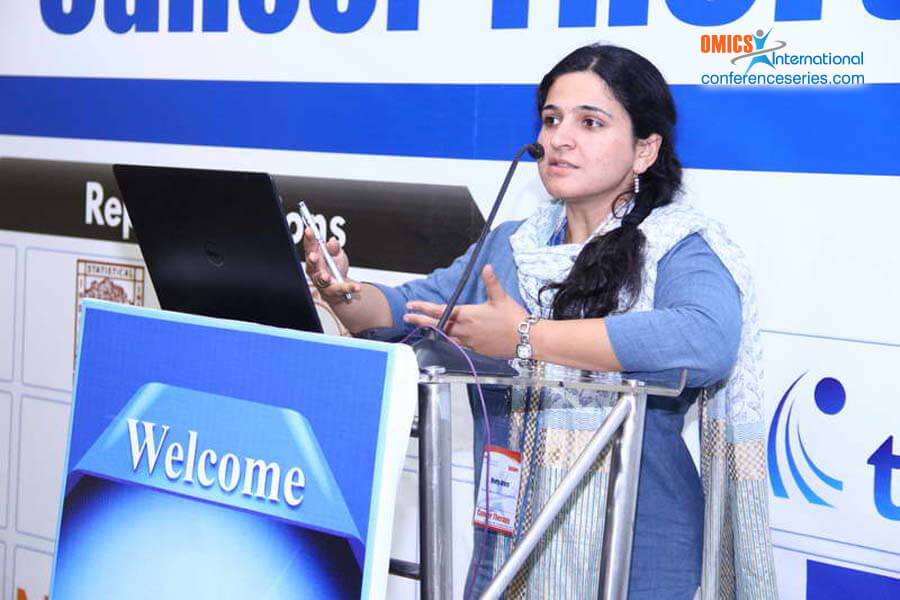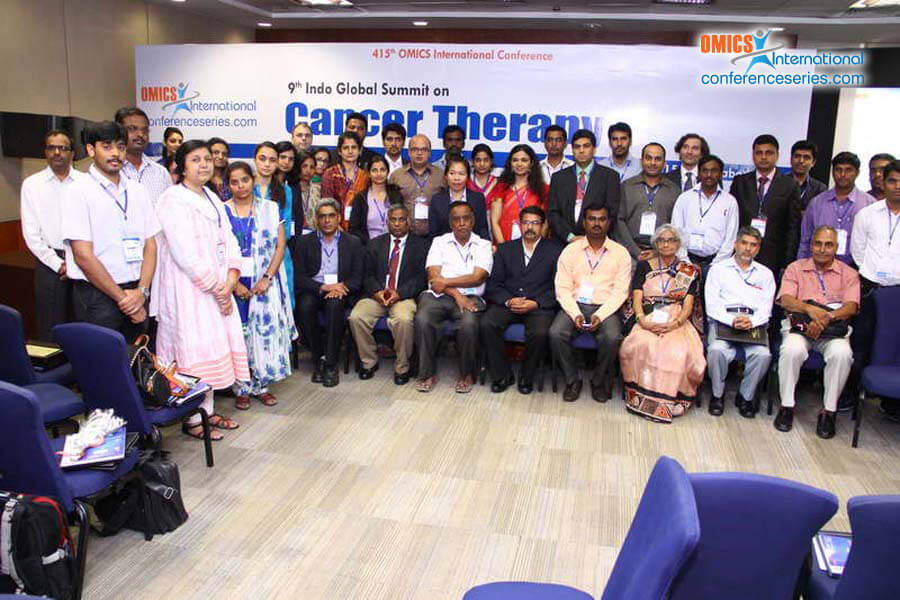
Reety Arora
National Centre for Biological Sciences, India
Title: Virally induced cancers: A unique paradigm to study the link between carcinogenesis and stemness
Biography
Biography: Reety Arora
Abstract
Intra-tumor phenotypic heterogeneity, along cancer progression, gives rise to cells that express different lineage markers and have diverse functions. Recent studies in various cancers show that as the tumor progresses, tumor cells become increasingly plastic. Oncogenic transformation often yields cells with unlimited self-renewal potential by cellular reprogramming, comparable to those in the iPSC generation process. We are studying this complex similarity and asking when and how the cells acquire properties of stemness during cancer. Our chosen model for these investigations is virally induced cancers. Besides being a cause of 10-15% of cancers worldwide, virus associated malignancies have identifiable non-cellular targets that make them valuable systems. Merkel cell carcinoma: Merkel cell polyoma virus (MCV) causes a rare, lethal skin cancer called Merkel cell carcinoma (MCC). A stemness-related, anti-apoptotic protein, called survivin, shows differential expression when deep-sequence profiles of MCC with and without the virus are compared. Also, both gain and loss of function studies show a substantial correlation between survivin and MCV large T onco-protein. Further I will present how targeting survivin using an inhibitor initiated selective MCV (+) MCC cell death and halted xeno-graft tumor growth in mice. Cervical cancer: Cervical cancers, a malignancy associated with oncogenic papilloma viruses, remain a major disease burden in the absence of effective implementation of preventive strategies. CD66 (+) cells have previously been identified as a tumor-propagating subset in cervical cancers, showing a mixed stemness and differentiation phenotype. I will present our investigations on a CD49f (-) subset of these CD66 (+) cells associated TGFβ treatment and shows an increased migration rate possibly accounting for cancer metastasis.



